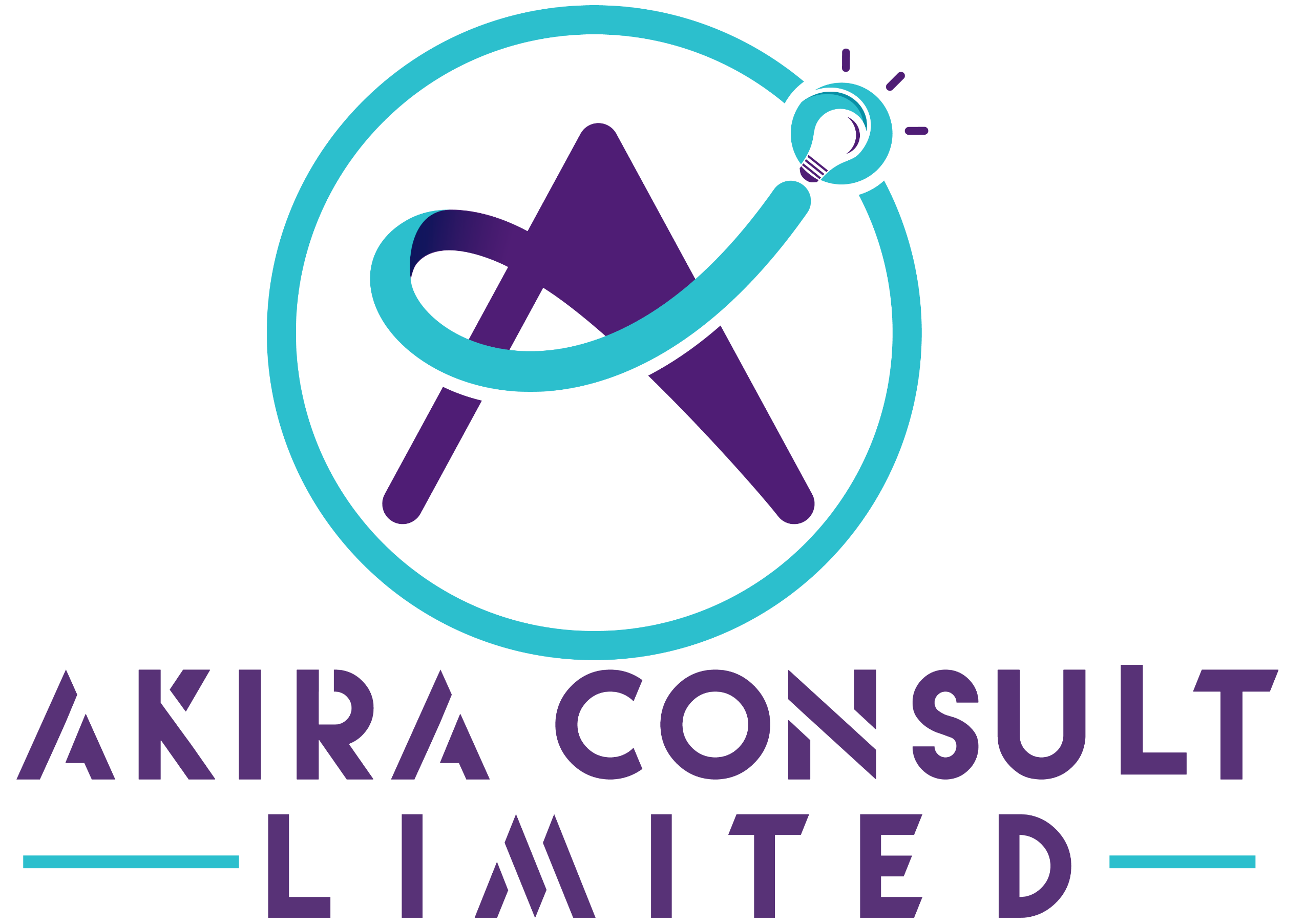At Akira Consult, we appreciate the outline by the ICS here on the role of a Corporate Secretary also ‘CS’. As Shakespeare once said – ‘…a Rose by any other name would smell just as sweet….’, it is still a conversation on what the right name for a Corporation Secretary should be; is it the traditional ‘Company Secretary’, the public service themed ‘Corporation Secretary’ or the forward looking ‘Governance Secretary’ or ‘Chief Governance Officer’- a pathway to the ever elusive #csuite .
At Akira Consult, we believe that the tasks of a Company Secretary can be summarised under two broad roles- Statutory and Regulatory. Statutory in this case is the mandate from where an organisation makes the case to appoint a Company secretary as an officer of the organisation (mostly from the Companies Act), and Regulatory is the additional roles for a company secretary to align the company with good governance practices, especially for highly regulated industry and service areas e.g publicly listed companies, financial services, technology and so on. See our thoughts below:
1. The Governance Role- The CS must be well acquainted with the system of rules, practices and processes by which a company is directed and controlled; to ensure that the organisation’s decisions are made by the right decision makers and under the right frameworks.
2. The Administration Role- The Company’s assets and documents of title are to be procured, executed and stored using the proper methods. This may add additional legal liability on the CS in their procurement and storage, but in the greater scheme of things may be the preferred administrative process.
3. The Corporate Affairs and Stakeholder Management Role- The CS is one of the best placed positions to network with Board Members, Shareholders and Key Investors, Senior Management, Key business partners and even Government and Regulatory Agencies. This needs a CS who has both the intellectual and relational capacity to seamlessly ensure all these relationships are managed well.
4. Compliance and Ethics- executing both the Statutory and Regulatory roles requires a CS who is up to date with the legal and regulatory environment with a personal commitment to help the organisation avoid compliance and ethical lapses.
5. Human resource and People Skills- as Board Members are external to the organisation, the CS should have the skills to carry out strategic HR practices for the Board. This includes induction, onboarding, training, evaluation and personal development of Board Members.
6. Data protection and Technology- This being an emerging area, the CS should be motivated to be aligned to the Data Protection trends and frameworks for personal, corporate and sensitive data. This may require the use of technology, which would also be a tool to ensure the Board tasks are also carried out more efficiently.
Talk to us today through enquiries@akiraconsult.ke and let us help you elevate your CS standards for sustainable business.
